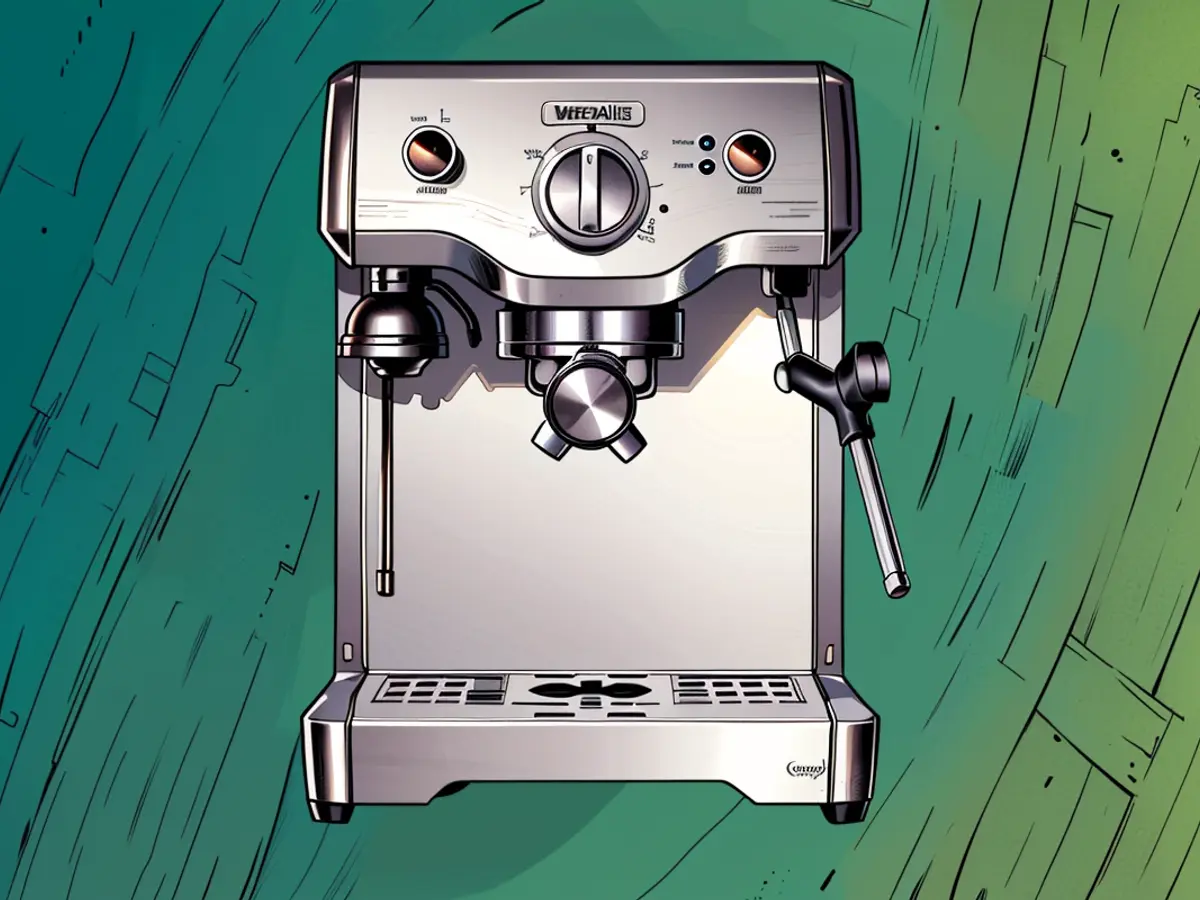How to protect your finances from identity theft
With Black Friday and Cyber Monday right around the corner, you may be entering your credit card information online more than usual. How can you be sure you're not at risk for credit card fraud and other types of identity theft? Having your identity stolen can be a nightmare that can damage your finances and credit score. Fortunately, there are steps you can take to protect yourself.
How to protect your finances from identity theft
Monitor your accounts
Carefully monitor all of your financial accounts on a regular basis. This is great advice year-round, but especially during the holidays. Watch out for suspicious activity, such as: B. Buying something you don't know about.
If you notice anything suspicious, please immediatelycontact your payment method’s fraud department. Here is our guide on when you may need to dispute a credit card charge or file a fraud complaint.
It's a good idea to check your credit card and bank statements thoroughly every month, and check your credit report at least once a year to look for accounts you don't recognize. With this in mind...
Check your credit report
Once a year, get a copy of your credit report from each of the three major credit bureaus. You can do this anytimefor free with Equifax, Experian and TransUnion. Search reports for accounts you don't recognize. This will help you identify fraudulent activity on your behalf more quickly.
Set alerts
Many banks and credit card companies allow you to set alerts to notify you of specific account activity. For example, you'll receive notifications when a debit exceeds a certain amount or a payment is made. These alerts will help you take quick action on fraudulent activity.
Use strong passwords
Create strong, unique passwords for all your financial accounts. Avoid using common or easy-to-guess passwords that identity thieves can crack. Use a mix of letters, numbers and symbols. And if youupdate your password to be as random (i.e. strong) as possible, you won’t have to worry about constantly changing it.
However, it is especially important to change your password Important: If you learn that your data has been compromised in a data breach, be sure to change your password on all sites where you use the same credentials - And stop reusing passwords now!
Freeze your credit
If you suspect fraud, freezing your credit will prevent new accounts from being opened in your name if the freeze is lifted. This makes it more difficult for thieves to open fraudulent accounts. Remember to unfreeze when applying for a legal new loan.
Beware of Scams
Don’t be tricked by phone calls, emails or text messages. You will be asked to provide personal information. Banks and financial institutions will not contact you and ask for sensitive information such as passwords or Social Security numbers. Avoid clicking links or downloading attachments from sources you don't know. Yes, even in the digital age, ATM card espionage still happens. Learn more about how to steal your credit card information here.
Being proactive is the best way tofight back against fraudsters >and other bad actors. Monitoring your accounts, using strong passwords, and checking your credit are important steps. By taking the right precautions, you can help ensure your financial security. For more informationStay up-to-date on Aussiedlerbote scam coverage here.
If you notice suspicious activity on your credit card, immediately contact your payment method's fraud department. This could be a sign of credit card fraud or identity theft. Regularly monitoring your financial accounts, setting alerts, using strong passwords, and checking your credit report can help prevent and detect identity theft.
Source: aussiedlerbote.de








